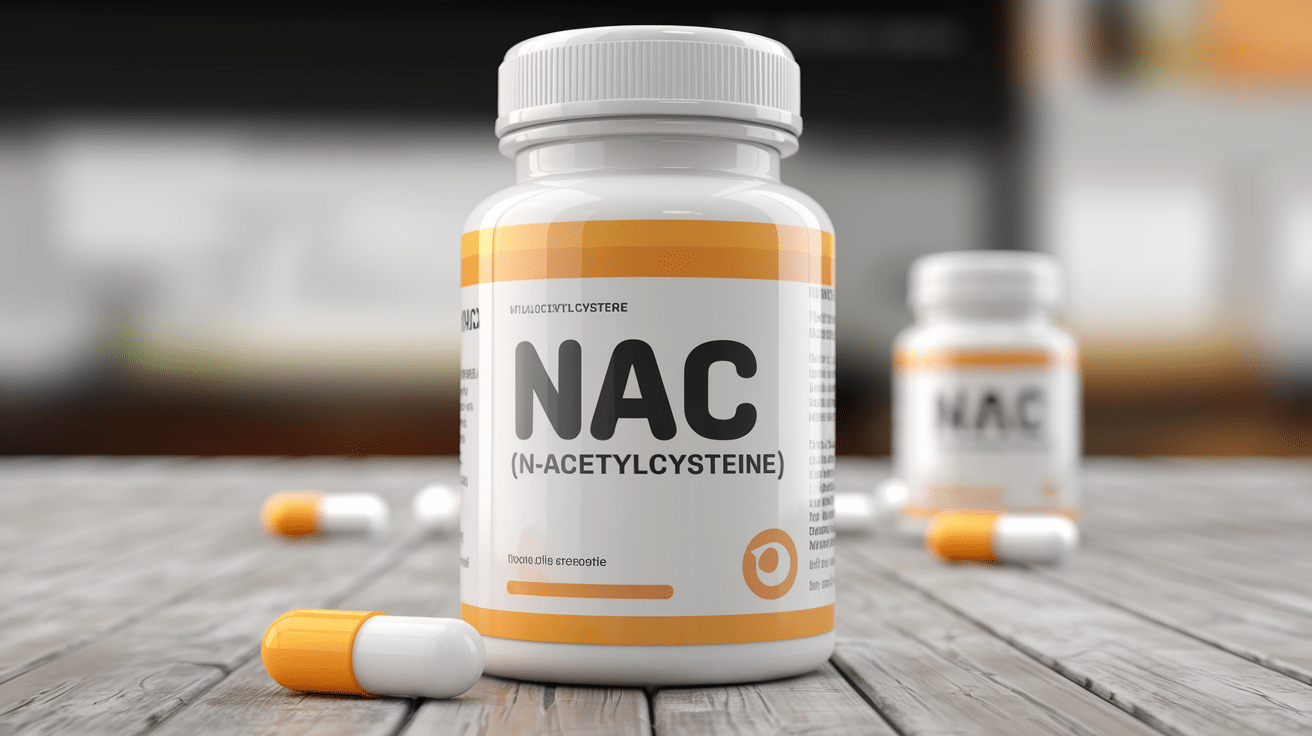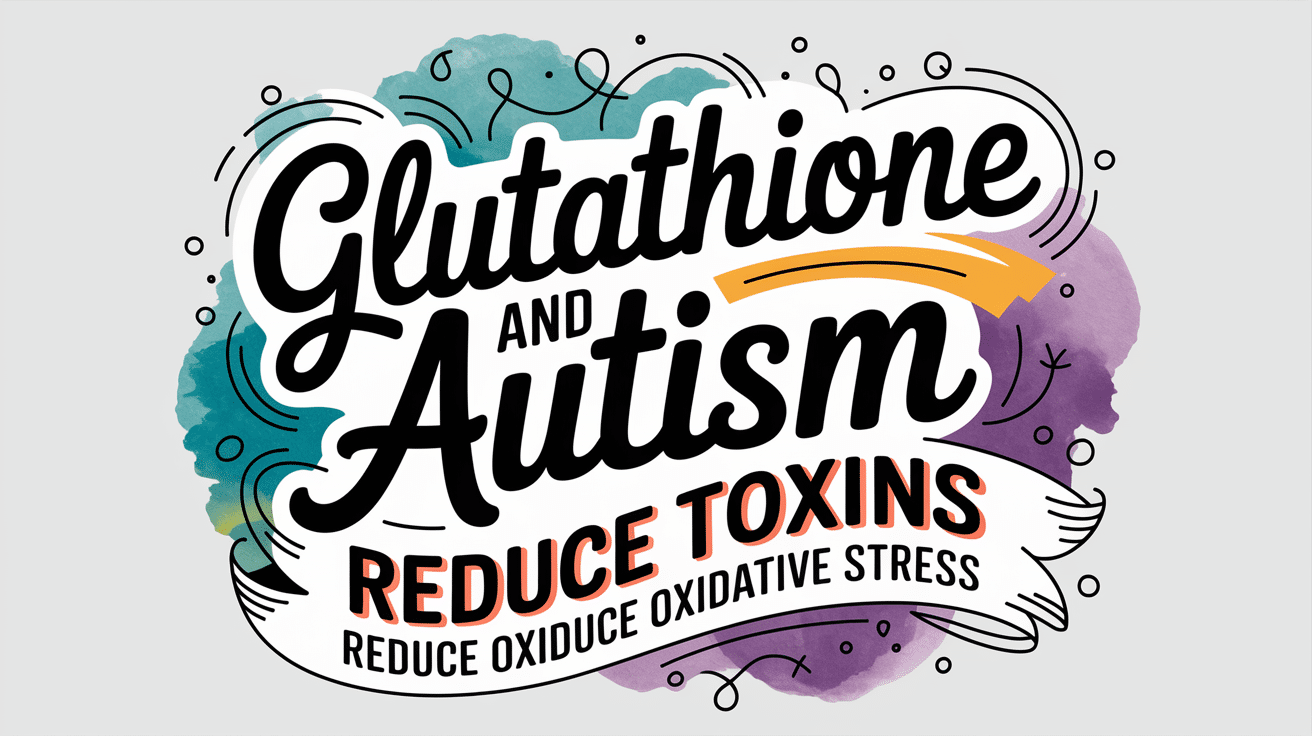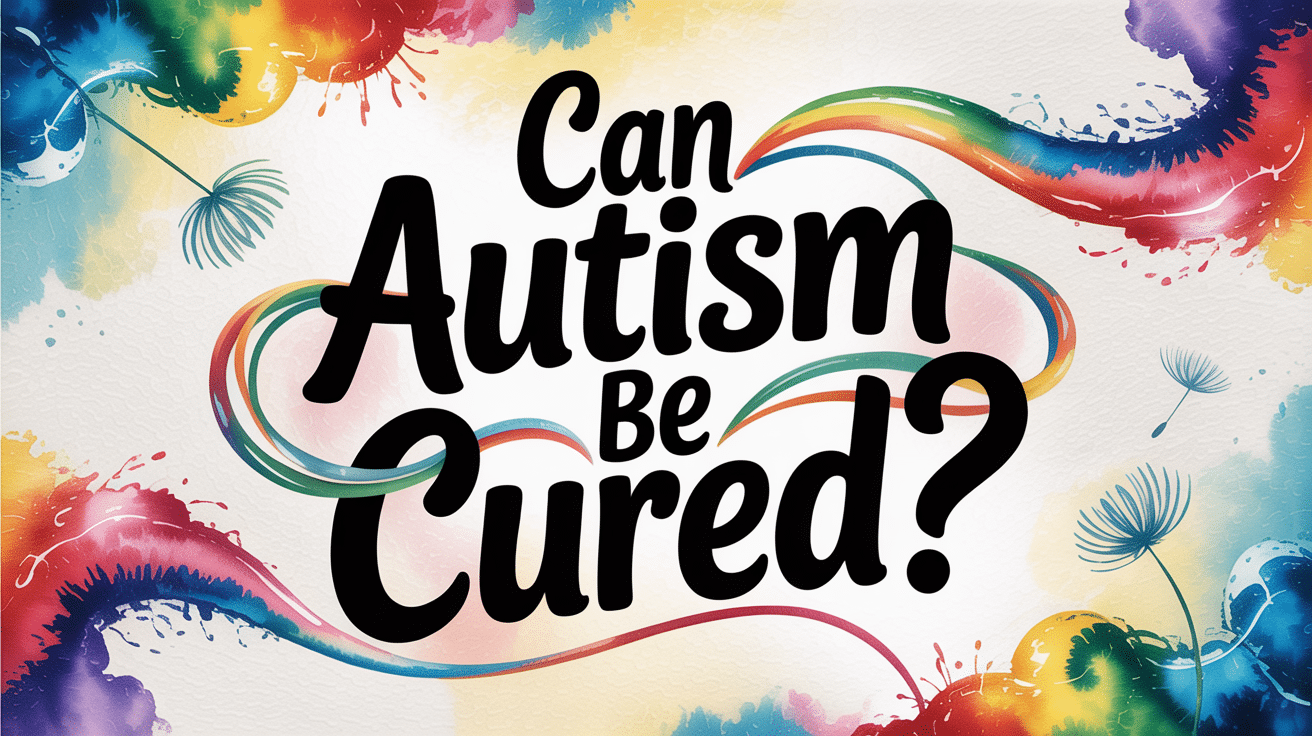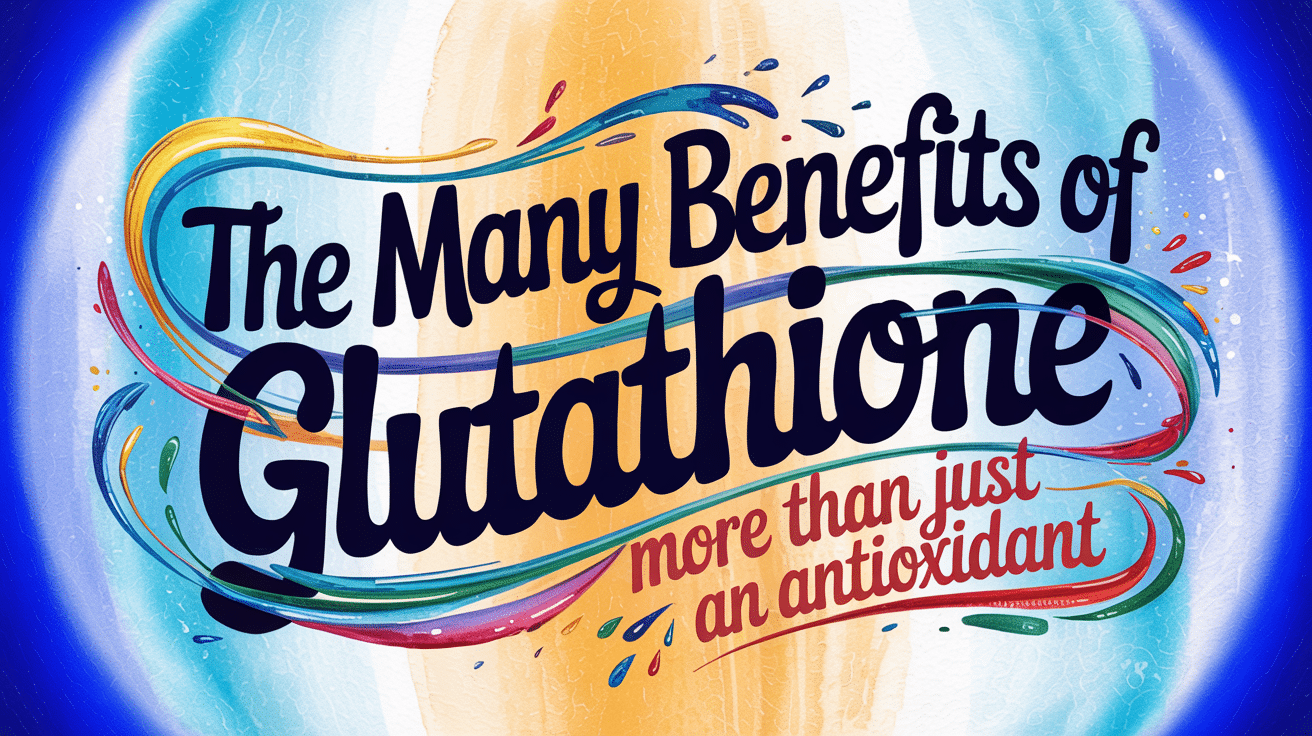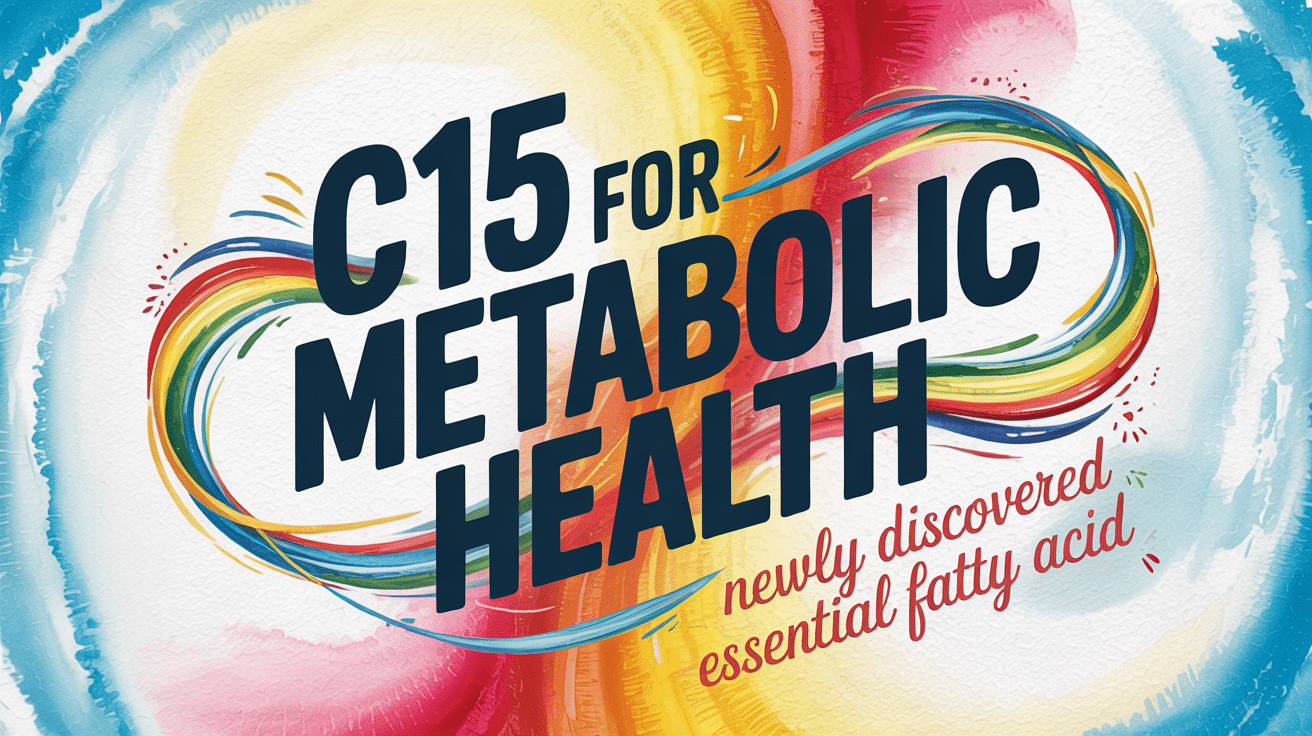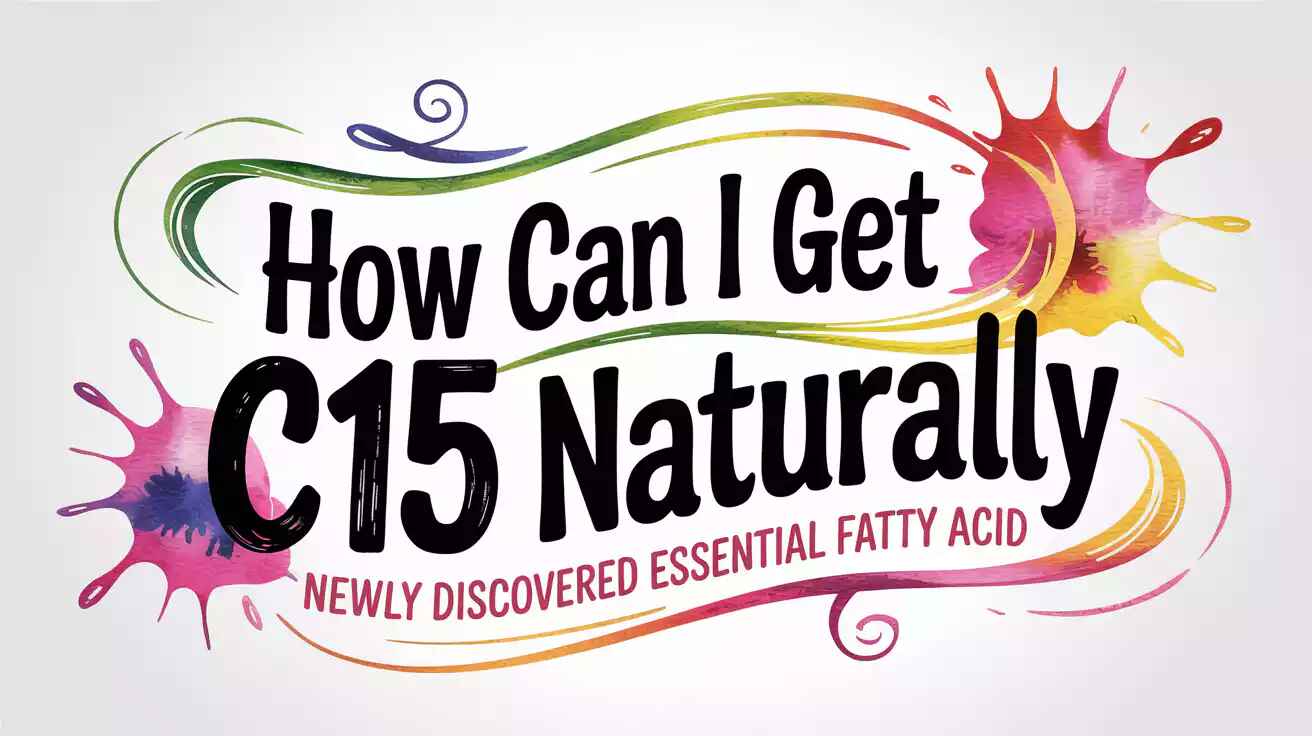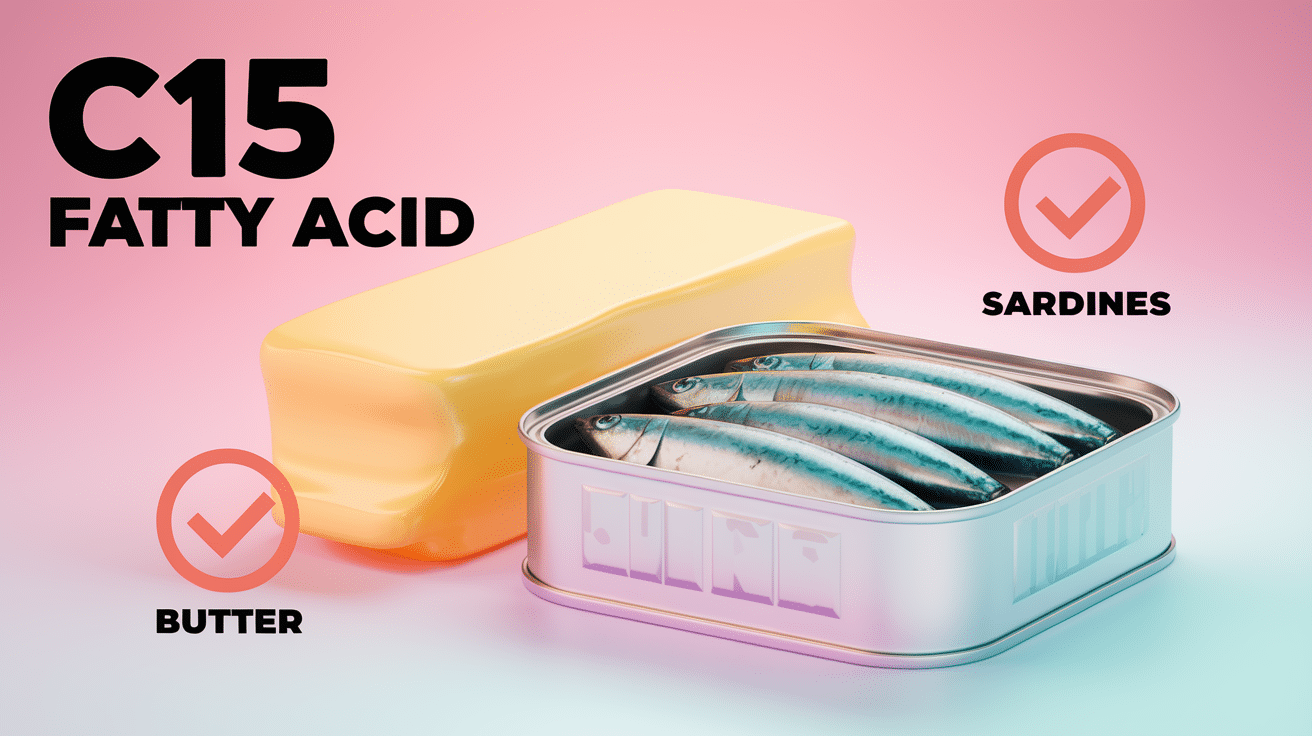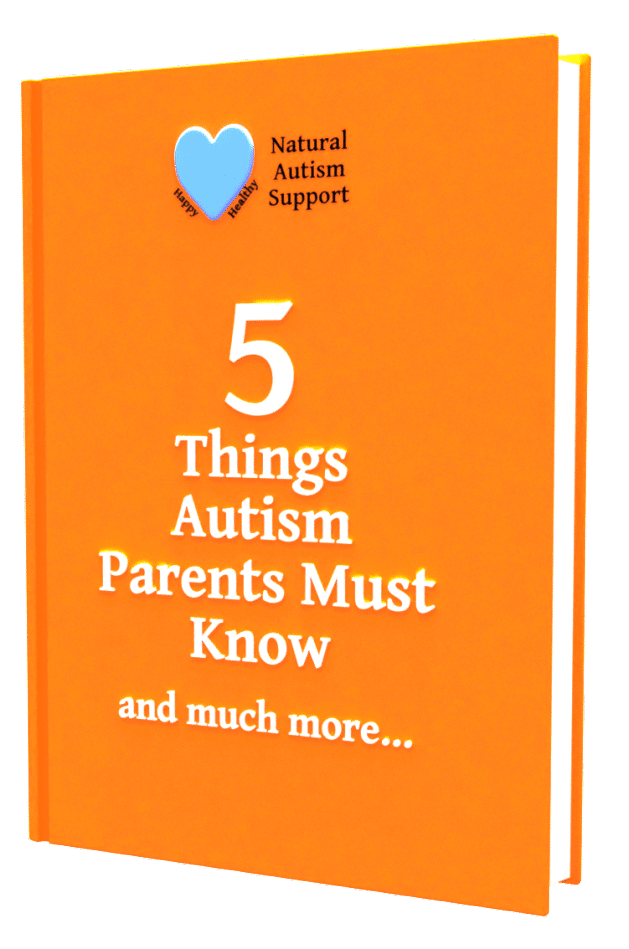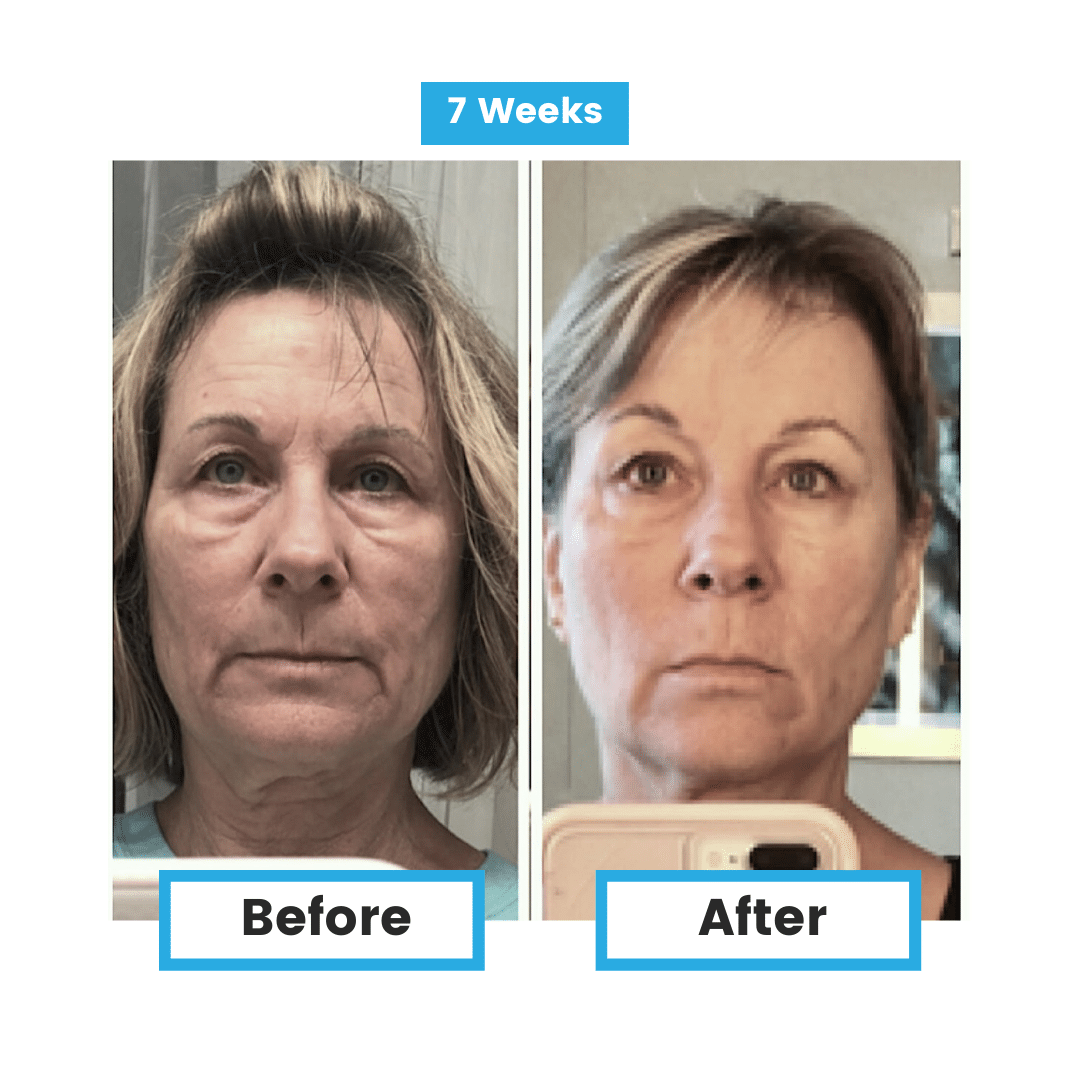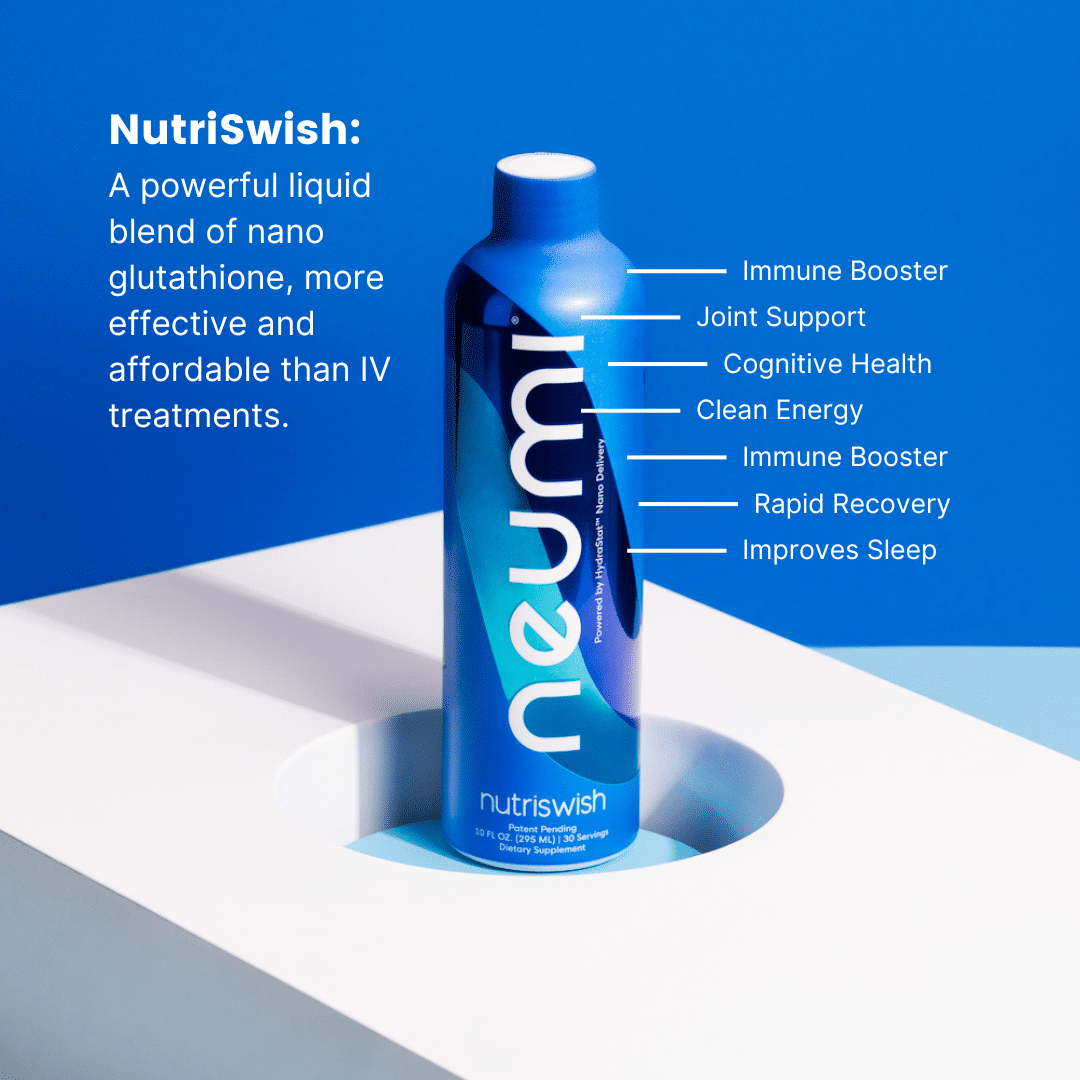When we consider treatment options for children with autism spectrum disorder, we're often faced with difficult choices between traditional medications and alternative approaches. That's why N-Acetylcysteine (NAC) has caught the attention of both parents and healthcare providers. We're seeing promising evidence that this supplement may help reduce some of autism's most challenging symptoms while carrying fewer side effects than conventional medications.
The benefits of NAC relate to its ability to produce glutathione, a powerful antioxidant that helps combat oxidative stress in the body. Glutathione's benefits extend to reducing inflammation and toxins, which are often elevated in children with autism.
But before we can fully understand NAC's potential role in autism treatment, we'll need to examine how it works in the brain and what the current research tells us about its effectiveness.
Understanding NAC and Autism.
Many researchers are exploring NAC (N-Acetylcysteine) as a promising treatment for autism spectrum disorders. We've found that NAC works by increasing the body's production of glutathione, a powerful antioxidant that helps combat harmful free radicals in the system. This mechanism is particularly relevant because abnormal oxidative stresslevels are considered significant autism biomarkers.
We've observed that NAC's effectiveness stems from its ability to modulate glutamatergic neurotransmitters, which are often dysregulated in individuals with autism. The proper NAC dosage can help reduce excessive glutamatergic neurotransmission at synapses, potentially improving behavioural symptoms associated with autism spectrum disorders. This modulation offers a focused strategy for effectively tackling the neurological aspects of autism. Recent studies show that irritability scores decreased significantly in children with autism following NAC treatment. The research conducted at Stanford University has established a double-blind approach to ensure unbiased evaluation of NAC's effectiveness.
Through carefully designed clinical trials, we're discovering that NAC offers a unique therapeutic advantage over traditional treatments. Our research shows that while antipsychotic medications often come with significant side effects, NAC demonstrates a remarkably milder side effect profile, making it particularly suitable for long-term use in children. Similar to sodium butyrate supplements, NAC's benefits should be monitored under healthcare professional guidance to ensure optimal results.
The compound's ability to work alongside existing treatments provides additional flexibility in managing autism symptoms.
We're particularly encouraged by NAC's dual-action approach: it addresses both the oxidative stress components and neurotransmitter imbalances commonly found in autism. This thorough mechanism of action suggests that NAC could potentially target multiple aspects of autism spectrum disorders, though we continue to investigate ideal dosing strategiesand long-term outcomes through ongoing clinical research.
Benefits for Autism Symptoms
Through extensive clinical research, we've identified four key benefits of NAC supplementation for children with autism spectrum disorders.
Let's examine how these NAC benefits address specific autism symptoms and improve quality of life for affected children.
First, NAC demonstrates significant effectiveness in reducing irritability, with clinical trials showing a decrease in irritability scores from 13.1 to 7.2 over 12 weeks. Studies indicate that when used as an adjunct to risperidone, NAC shows particularly promising results. Private research funding has been crucial since pharmaceutical interest remains lowfor NAC studies.
We've observed that this reduction helps manage severe behavioural issues like throwing, kicking, and hitting, though the effects aren't as strong as traditional antipsychotics. Similar to how C15:0 fatty acid supports cellular health, NAC works at a fundamental level to promote better functioning.
The second notable benefit involves the reduction of repetitive behaviours, a core characteristic of autism.
While study results vary, we've documented statistically significant improvements in stereotypic behaviours, including decreased hand flapping and other repetitive movements that can interfere with daily functioning.
NAC's third benefit targets hyperactivity, showing meaningful improvements after 8-12 weeks of supplementation.
We've measured this improvement through standardised assessments, with mean differences of 4.80 on the Aberrant Behavior Checklist, indicating substantial progress in managing hyperactive behaviours.
Safety Profile in Children
While evaluating NAC's use in children with autism, we've found it maintains an encouraging safety profile with especially milder side effects compared to traditional antipsychotic medications. The most commonly reported side effects are gastrointestinal in nature, including constipation, nausea, and diarrhoea, but these typically remain mild and manageable. Much like prebiotic supplements, these digestive symptoms can often be minimised by starting with smaller doses and gradually increasing intake.
When comparing NAC to second-generation antipsychotics, we observe significant advantages regarding long-term safety. Unlike traditional antipsychotics, NAC doesn't cause concerning issues such as:
Substantial weight gain or metabolic complications
Involuntary motor movements or tardive dyskinesia
Serious adverse effects requiring medication discontinuation
Children with autism generally tolerate NAC well, and we've noted no significant interference with stable concomitant medications or existing psychosocial interventions. This makes NAC a particularly attractive option for long-term management of autism symptoms, especially considering its favourable safety profile compared to conventional treatments. The integrative treatment approach allows for reduced doses of traditional antipsychotic medications when used alongside NAC.
However, we must acknowledge the current limitations in our understanding of NAC's complete safety profile. While existing studies demonstrate promising results, larger clinical trials are necessary to fully establish long-term safety and ideal dosing protocols.
We're particularly interested in gathering more thorough data across diverse populations and investigating potential interactions with other treatments. Our ongoing research continues to monitor for any previously unidentified risks, though current evidence supports NAC's role as a well-tolerated intervention for children with autism.
How NAC Works
N-Acetylcysteine (NAC) operates through multiple biological pathways that make it particularly beneficial for children with autism. One of NAC's primary mechanisms involves its role as a precursor to glutathione, which serves as the body's master antioxidant. We've found that this antioxidant effect helps protect brain cells from oxidative stress, which is often elevated in children with autism.
Understanding NAC mechanisms helps us appreciate its extensive approach to supporting brain function. NAC works by modulating important neurotransmitters, including glutamate and dopamine, which are vital for proper brain communication and development. We've observed that it can help regulate these chemical messengers by interacting with specific receptors in the brain, particularly mGluR2/3 and mGluR5. Studies have shown its effectiveness as an antidote for acetaminophen overdose. Having been used as a mucolytic agent for over six decades, NAC has a well-established safety profile.
The antioxidant effects of NAC extend beyond basic cell protection. By converting into hydrogen sulphide and other sulphur species, NAC provides additional cellular protection while supporting the body's natural detoxification processes.
We've identified that it also helps reduce inflammation by inhibiting NF-κB activity, which can contribute to improved brain function.
NAC's ability to break down mucus through its action on disulphide bonds demonstrates its versatility in supporting overall health. When we examine its complete mechanism of action, we see that NAC not only supports brain healththrough multiple pathways but also enhances the body's natural protective systems.
This multi-faceted approach makes it particularly relevant for supporting children with autism, who often experience challenges related to oxidative stress and neurotransmitter imbalances.
Research and Clinical Evidence
Research findings have shown promising results for NAC's effectiveness in managing autism symptoms, particularly through a pivotal double-blind study involving 31 children where irritability scores decreased from 13.1 to 7.2 on the Aberrant Behavior Checklist.
Studies indicate that NAC works by modulating glutamate pathways, which play a key role in neurodevelopmental disorders.
Multiple clinical trials demonstrate NAC's ability to reduce hyperactivity and improve social awareness, as measured by standardised scales including the Social Responsiveness Scale.
While these results are encouraging, researchers emphasise the need for larger multi-center trials to definitively confirm NAC's therapeutic benefits and establish ideal dosing protocols for children with autism spectrum disorder.
Clinical Trial Results
The clinical trials investigating NAC supplementation in children with autism have yielded promising results across multiple studies. Through carefully designed double-blind, randomised trials lasting 8–12 weeks, we've observed significant improvements in several key behavioural areas when appropriate NAC dosage protocols were followed.
The trial outcomes demonstrate notable reductions in challenging behaviours, particularly in these areas:
Decreased irritability and hyperactivity levels, as measured by standardised behavioural assessments
Improved social awareness and interaction capabilities, documented through the Social Responsiveness Scale
Reduced frequency of repetitive and stereotyped behaviours, though not consistently across all behavioural subscales
We've found that NAC's effectiveness stems from its dual mechanism of action: enhancing antioxidant capacity and modulating glutamatergic neurotransmission. These properties make it particularly valuable as an alternative to traditional antipsychotics, which often carry more severe side effects. Researchers are currently recruiting participants for a new study specifically targeting the neurobiology of repetitive behaviours in children with autism using NAC treatment.
The safety profile of NAC is especially encouraging, with most participants experiencing only mild gastrointestinal issues, if any adverse effects at all. While these results are promising, larger multi-center trials will help establish more definitive treatment recommendations.
Meta-Analysis Support Efficacy
Multiple extensive meta-analyses have validated NAC's therapeutic potential in children with autism spectrum disorder, drawing from a robust collection of randomised controlled trials. The evidence demonstrates significant behavioural improvements, with meta-analyses revealing a mean difference of 1.31 in Aberrant Behavior Checklist scores over 8–12 weeks of supplementation. Daily dosages typically range from 600 to 1200 mg for optimal therapeutic effects.
Studies show that NAC supplementation helps restore reduced glutathione levels commonly found in ASD patients. We've observed particularly compelling results in social awareness enhancement, where pooled data from clinical trials showed a significant mean difference of 1.34 in Social Responsiveness Scale scores. These improvements are supported by consistent parent reports of enhanced communicative abilities and social interaction skills.
When we examine the underlying mechanisms, NAC's efficacy appears linked to its ability to boost glutathione production and modulate glutamatergic neurotransmission in the brain. The supplement's safety profile remains strong, with only mild gastrointestinal symptoms reported in some cases.
Research indicates that NAC effectively addresses hyperactivity and irritability, though it's worth noting that studies found no significant impact on repetitive behaviours. The combination of demonstrable behavioural improvements and minimal adverse effects supports NAC's potential role in thorough autism management strategies.
NAC Versus Traditional Treatments
Treatment options for autism spectrum disorder (ASD) show striking differences when comparing NAC supplementsto traditional medications. When we examine NAC advantages over conventional treatments like risperidone and aripiprazole, we find significant distinctions in both efficacy and safety profiles.
Traditional medications often come with concerning side effects that can impact a child's quality of life:
Antipsychotic medications frequently cause substantial weight gain and involuntary motor movements.
Traditional treatments demonstrate limited effectiveness in addressing core ASD features like social deficits.
Higher doses of conventional medications increase the risk of metabolic syndrome and other complications.
We've observed that NAC presents a more favourable option, particularly in its ability to target core ASD symptoms while maintaining a superior safety profile. The supplement's mechanism of action, which involves modulating glutamatergic neurotransmission and reducing oxidative stress, addresses fundamental aspects of ASD pathophysiology that traditional medications don't target.
When we consider the combined benefits, NAC's advantages become clear. It can function either as a standalone treatment or as an adjunct therapy to reduce the required dosage of traditional medications.
Our analysis shows that while traditional treatments may help manage certain behavioural symptoms, they don't address the underlying neurobiological aspects of ASD that NAC targets. The supplement's ability to increase glutathione levels and regulate glutamate metabolism provides a more thorough approach to symptom management, while its mild side effect profile makes it a more sustainable long-term option for many families.
Looking Ahead in Treatment
Building on our understanding of NAC's advantages, we must look toward future developments in autism treatment. While current evidence shows promise, we're still in the early stages of understanding NAC's full potential as a therapeutic intervention for autism spectrum disorder.
The path forward for future therapies involves conducting larger, multi-center clinical trials to validate NAC's effectiveness across diverse patient populations. We'll need to determine ideal dosing protocols and investigate how NAC's mechanisms interact with glutamatergic pathways and antioxidant systems in the autistic brain.
Treatment innovations may emerge from studying NAC's combination with established medications like risperidone, potentially leading to enhanced therapeutic outcomes.
Research priorities should focus on understanding NAC's long-term effects and establishing standardised treatment protocols. We're particularly interested in exploring how NAC's modulation of glutamate transmission and enhancement of antioxidant networks can be refined for different age groups and severity levels of autism.
By investigating these mechanisms, we can develop more targeted and effective interventions.
Our commitment to advancing autism treatment requires systematic investigation of NAC's potential as a standard adjunct therapy. We'll need to examine biomarkers that indicate treatment response, develop personalised dosing strategies, and create clear guidelines for clinical implementation.
Through rigorous research and careful analysis, we're working toward establishing NAC as a well-documented, evidence-based treatment option that can greatly improve outcomes for children with autism spectrum disorder.
Conclusion
While some parents might hesitate about adding another supplement to their child's routine, we've seen compelling evidence that NAC offers a promising path forward in autism treatment. Through its dual action on oxidative stress and glutamate regulation, NAC provides measurable benefits with minimal risk. We're optimistic about NAC's potential as a complementary therapy, particularly as ongoing clinical trials continue to validate its effectiveness in reducing core ASD symptoms and improving quality of life.

